On 29th November 2024, a bill which would legalise assisted dying was passed through the House of Commons, on a momentous day in political history. The bill would allow dying people, with less than six months to live, to take life-ending medication in order to avoid an unpleasant end to their life. The result of the controversial vote – in which MPs supported assisted dying by 330 votes to 275 – was met with both euphoric joy and fearful horror.
The bill was always bound to be a fierce debating-point. Why is it so relevant? Because, simply, it has the potential to affect everyone. As you read this, many people, no matter their age, are dying in states of inconceivable agony – perhaps unable to eat or drink; perhaps unable to sleep because of the constant pain – certainly with no quality of life, while the process causes trauma to their family members. In the UK, approximately twenty people die in unrelieved pain every day. Every single person is surely inclined to think, “that could be me one day”.
“I have always had a strong sense of injustice,” Kim Leadbeater, the Labour MP who put the bill forward, said. “To me, it was clear that the current law fails dying people, and I felt determined to fix this to ensure choice and dignity for those facing the end of their life.” According to the campaigning organisation ‘Dignity in Dying’, a staggering 650 dying people take their own lives each year. Also, the fact that decisions to hasten death are currently made by doctors means that hardly any of dying people’s decisions are in their own hands. In any case, the current laws around assisted dying are not adequately protecting people. Therefore, as well as dignity, assisted dying would increase safety.
When I contacted Andrew Western, a fellow Labour MP who also supported assisted dying, he agreed: “people should have the right to choose how they end their life, providing that robust safeguards are in place to prevent exploitation and abuse.” Across the numerous countries in the world where assisted dying is legal, no law has ever been repealed: why wouldn’t the safeguards work in the UK?
Western also expressed his pleasure that the process was “a matter of conscience for MPs and not a whipped vote.” Indeed, the free vote, in which parties did not control which side their members supported, illuminated the diversity of attitudes throughout each party, with 23 Conservatives voting for the bill and 147 Labour MPs voting against it.
In its current state, the bill has its restrictions: to be eligible for assisted dying, a person would have to be a resident of England or Wales, expected to die within six months, and mentally capable to make the decision for themselves. However, many predict that the bill could be simply the first hurdle for the future of assisted dying: the beginning of a chain of amendments that would allow the rights of dying people to grow.
In the run up to the controversial vote, loud, passionate voices made themselves heard on either side of a fierce debate. While supporters have told stories of their experiences caring for dying family members, opposers of the bill have expressed their fears that vulnerable people will begin to feel like a burden to their families. Other opposers – notably the Health Secretary, Wes Streeting – worry that palliative care is not “where it needs to be to give people a real choice”.
On the other hand, Leadbeater argued that the state of palliative care was morally irrelevant. “The argument is not ‘either or’ – assisted dying should be seen as part of a holistic approach to end-of-life care. We cannot wait for all (NHS) problems to be solved,” she added, “before we address the fundamental problem facing too many people at the moment, and that is the fear and reality of a painful death which cannot be mitigated.” Western, who also believes that palliative care and assisted dying can co-exist, spoke of dying people’s need for “medically supervised assistance to end their own lives, in addition to, not as an alternative, to high-quality palliative and end of life care.”
Furthermore, as the campaigning organisation ‘Dignity in Dying’ pointed out to me, in states where assisted dying is legal there is no evidence that a lack of access to palliative care drives demand for its use. For example, in California in 2022, 95% of those who had an assisted death were already receiving palliative or hospice care. In 2024, the Office of Health Economics estimated that, even with the highest-level of palliative care is available, around 20 people a day would die with no pain relief in the last three months of their life.
Assisted dying is possibly the only area in which animals have better rights than humans do. We treat animals with respect, putting them down with dignity; protecting them from long, drawn-out, agonising demises. On the other hand, we allow extremely vulnerable people to die slowly, with no quality of life whatsoever, sometimes even ending their own lives in horrific circumstances. According to ‘Dignity in Dying’, 632 Britons have travelled to Switzerland to get an assisted death. Many can’t even afford this – often because all their money has been spent on extending their unbearable lives via expensive end of life care.
People have died in pain. But people have lived with holes in their bodies. People have lived with their flesh rotting away. Out of pure love, people have helped their own family members to end their lives, and been rewarded with not only grief and trauma, but also a prison sentence. This could happen to any of us, or any of our family. I believe that the whole system is cruel, barbaric and wrong: it should be a basic human right to die in a dignified manner. Assisted dying is now available to 300 million people around the world, so why have the people of the UK been allowed to face deaths of inconceivable torture?
As a country, we have failed so many people: we can and must do better.


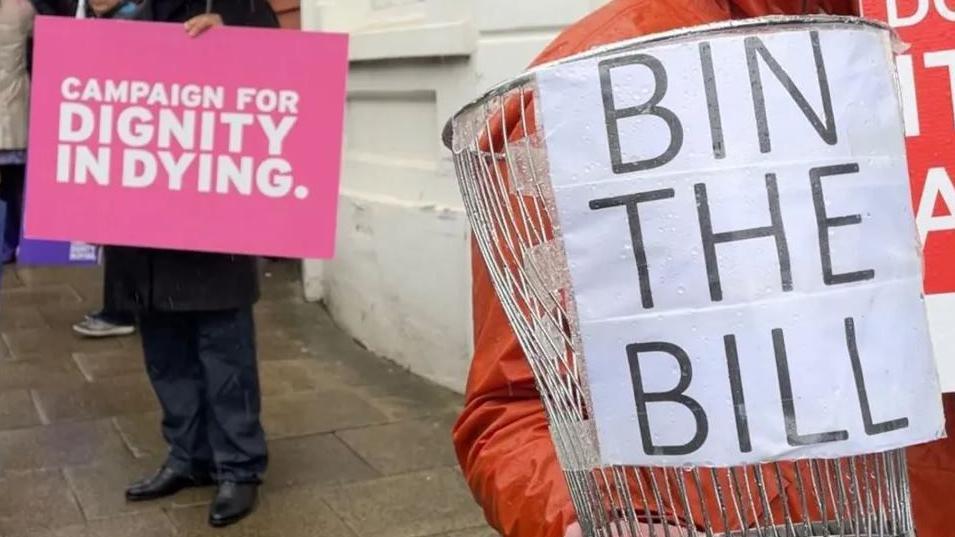
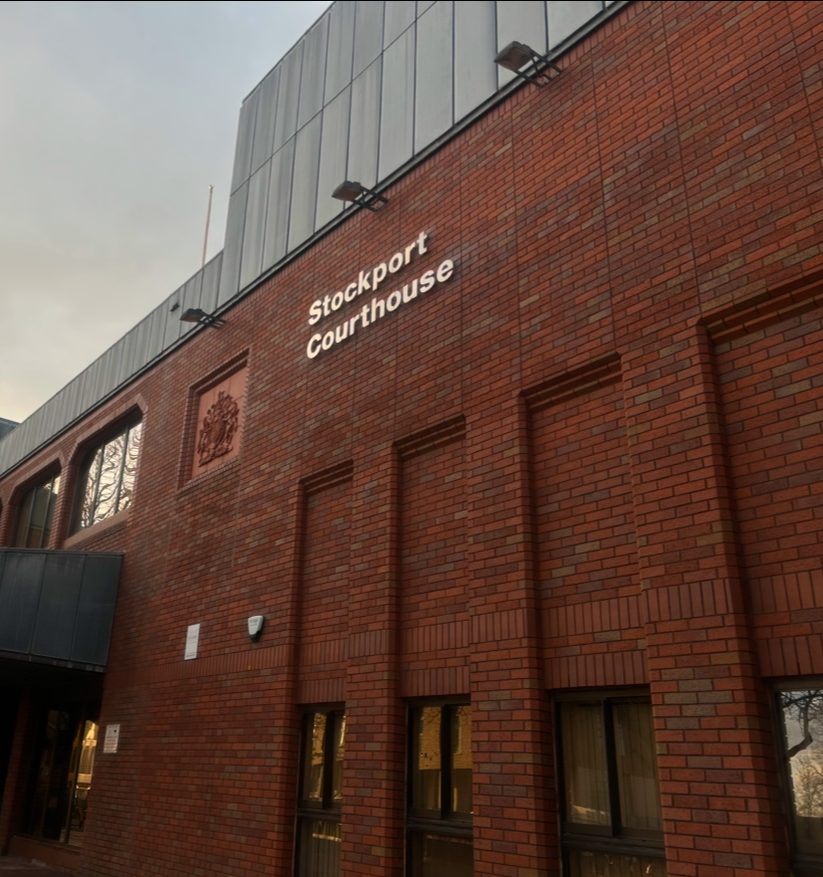
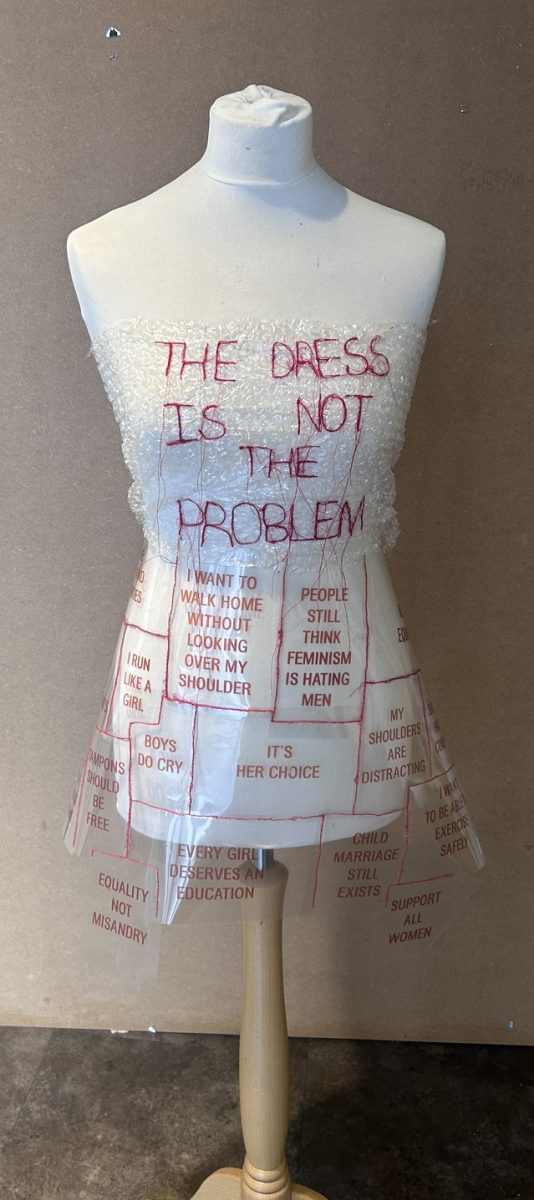

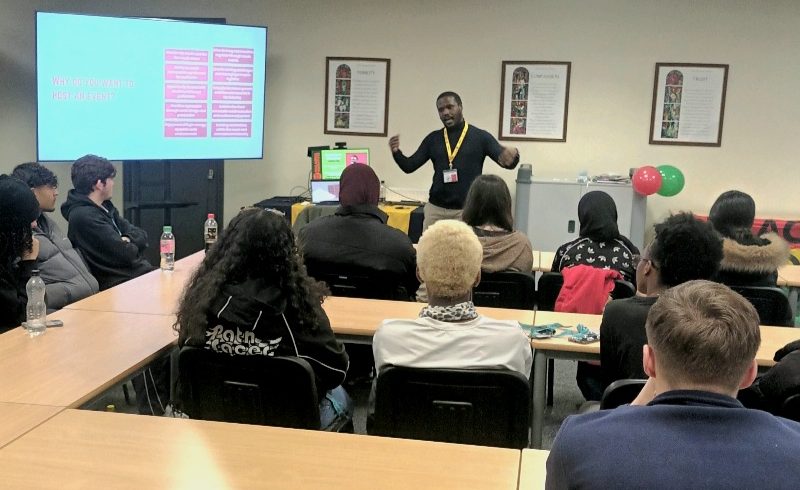
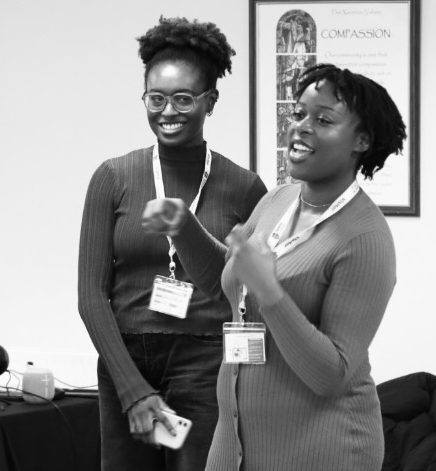




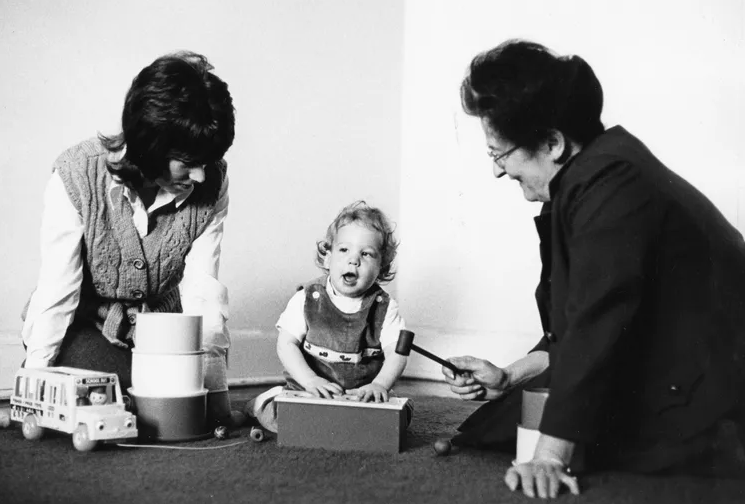


















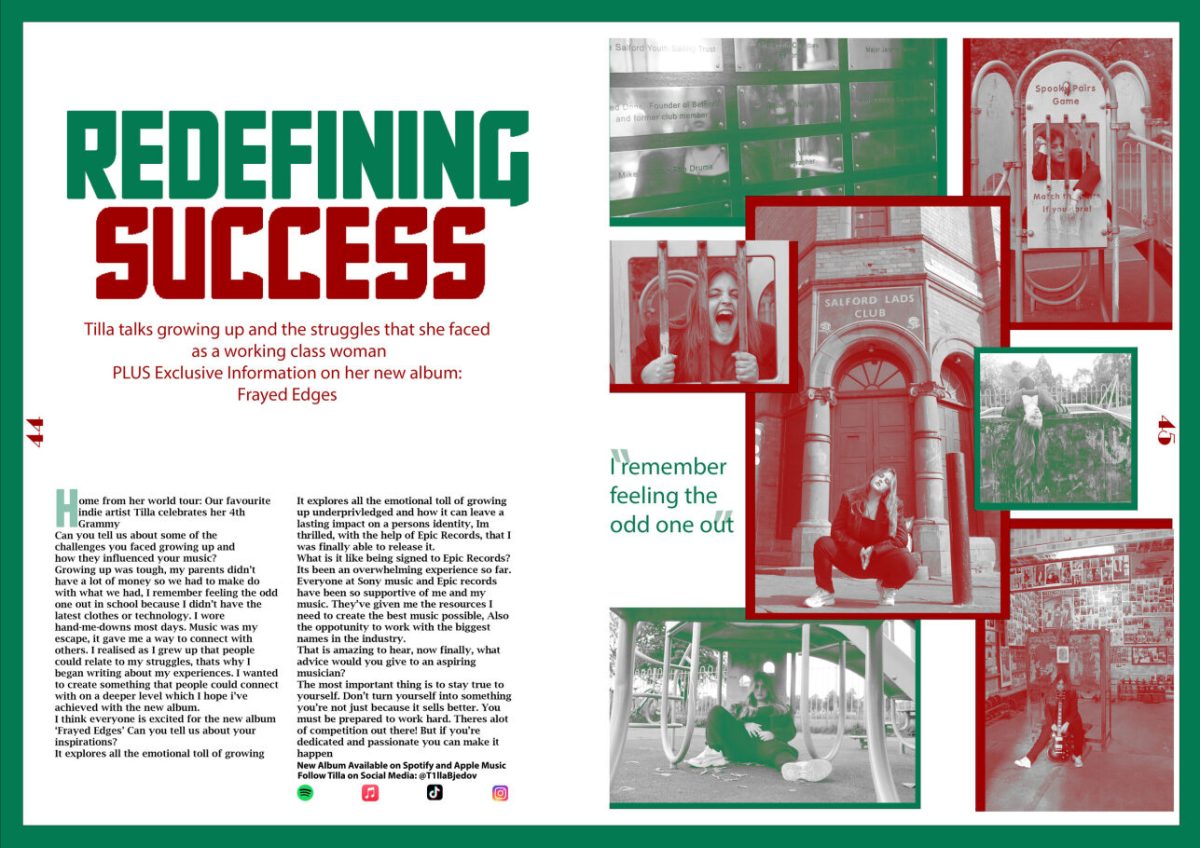







Lisa • Mar 27, 2025 at 7:33 am
A thought provoking and well written article.
Mrs Binks • Mar 27, 2025 at 5:35 am
Well done on tackling such a controversial topic. I enjoyed reading your article.
Lydia Kerr-Pasiecznik • Mar 26, 2025 at 9:23 am
Excellent article Will, well-written with an expert political eye!
Olivia • Mar 26, 2025 at 9:16 am
A really interesting read – well done!